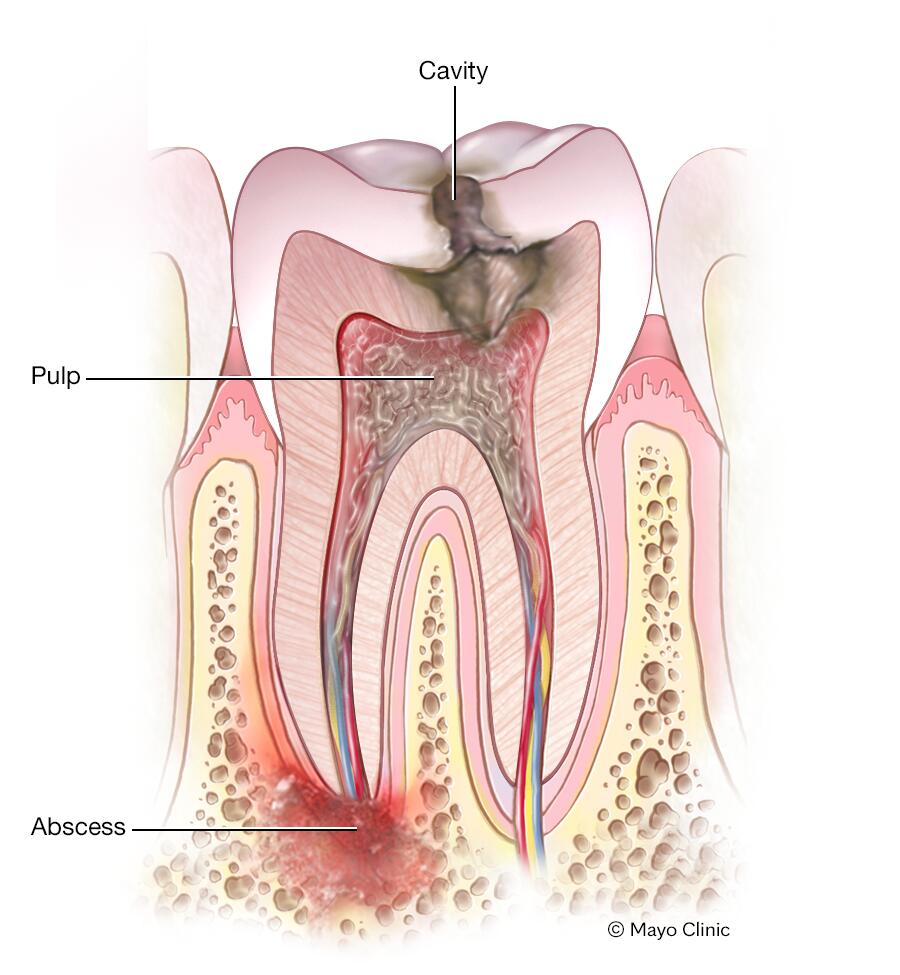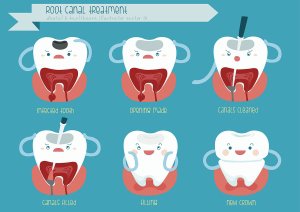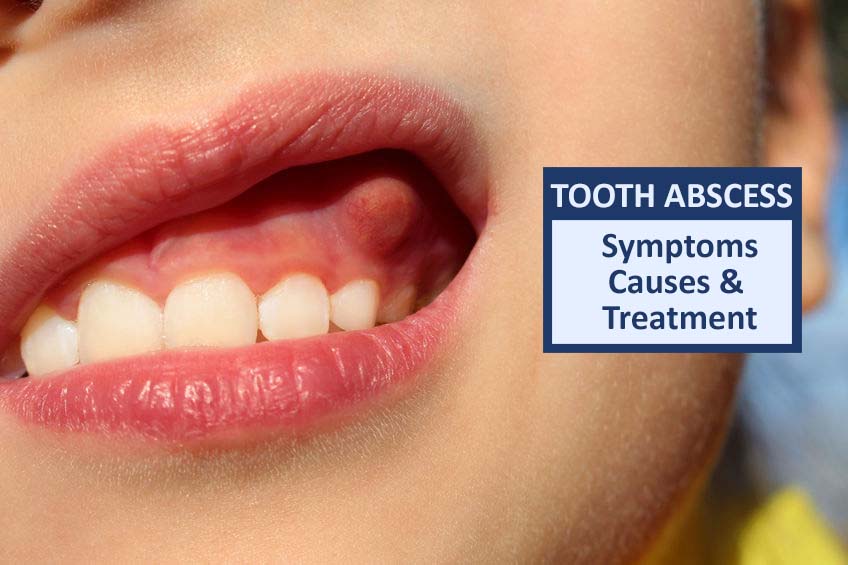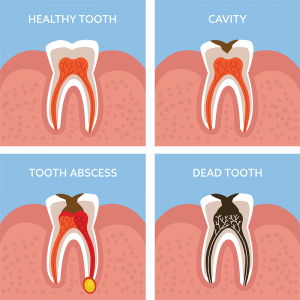Hey there! Ever wondered if that nagging toothache could be something more serious? Well, it’s time to find out. In this article, we’re going to dive into the world of dental abscesses and explore the common symptoms that you need to watch out for. From throbbing pain to swollen gums, we’ve got you covered. So, sit back, relax, and let’s get to the bottom of those dental woes.
Common Symptoms of Dental Abscesses
Dental abscesses can be a painful and uncomfortable experience. It is important to recognize the symptoms in order to seek appropriate treatment and avoid further complications. Here are some of the most common symptoms of dental abscesses that you should be aware of:

Swelling and Pain
One of the primary symptoms of a dental abscess is swelling and pain in the affected area. You may notice that the area around the tooth or gum is swollen and tender to the touch. The pain can range from a mild ache to a sharp and throbbing sensation. This swelling and pain may make it difficult for you to speak, eat, or even sleep comfortably.
Tooth Sensitivity
Another symptom of a dental abscess is increased tooth sensitivity. You might notice that your tooth becomes more sensitive to temperature, especially when exposed to hot or cold foods and drinks. This sensitivity can be quite uncomfortable and may worsen over time if the abscess is left untreated. It is essential to address this symptom promptly to alleviate the discomfort.

Fever
Having a fever can be an indication that you are experiencing a dental abscess. If you notice that you have an elevated body temperature, it may be due to the infection in your mouth. Fever is your body’s way of fighting off infections, and in the case of a dental abscess, it is a response to the bacteria present in the abscessed tooth or gum. If you have a persistent fever, it is advisable to consult with your dentist or healthcare professional.
Bad Breath
Persistent bad breath, also known as halitosis, can be an embarrassing symptom of a dental abscess. The bacterial infection in the abscessed tooth or gum releases foul-smelling gases that contribute to the unpleasant odor. Even with regular oral hygiene habits, bad breath caused by a dental abscess can persist. If you find that your breath does not improve despite maintaining good oral hygiene practices, it is important to consider the possibility of a dental abscess.

Bitter Taste in the Mouth
A bitter or unpleasant taste in your mouth can be an indication of a dental abscess. The buildup of pus and bacteria in the abscess can lead to a metallic or bitter taste that lingers in your mouth. This taste may persist even after brushing or using mouthwash. If you notice an unusual taste in your mouth that does not go away, it is crucial to seek dental care to identify and treat the underlying cause.
Difficulty Swallowing or Opening the Mouth
In more severe cases, a dental abscess can cause difficulty in swallowing or opening the mouth fully. The swelling and inflammation in the affected area may make it challenging to move your jaw or even open your mouth wide enough for normal activities such as eating or speaking. These symptoms can greatly impact your daily life and should be addressed promptly to alleviate discomfort and restore normal function.

Swollen Gums
Swollen gums are a common symptom of a dental abscess. The area around the affected tooth or gum may become red, tender, and visibly swollen. This swelling is a result of the immune response to the infection. If you notice any abnormal swelling or changes in your gum tissue, it is important to have it evaluated by a dental professional to determine the underlying cause and appropriate treatment.
Pus Drainage
The presence of pus is a clear sign of a dental abscess. Pus is a thick, yellowish fluid that is produced as a result of the body’s immune response to infection. It may drain from the infected tooth or gum, causing a foul taste and odor in the mouth. If you notice any discharge of pus, it is crucial to seek immediate dental care to address the infection and prevent further complications.

Generalized Symptoms
In some cases, a dental abscess can cause general symptoms throughout the body. These symptoms may include fatigue, headache, and overall malaise. The presence of an infection can put a strain on the immune system, leading to a feeling of unwellness. If you experience any of these generalized symptoms alongside other dental abscess symptoms, it is important to consult with a healthcare professional for a proper diagnosis and treatment plan.
Abscessed Gum Tissue
In addition to tooth-related abscesses, gum tissue can also become abscessed. This may occur when a gum infection spreads and causes a pocket of pus to form within the gum tissue. Abscessed gum tissue can cause similar symptoms to a tooth abscess, including swelling, pain, and pus drainage. Prompt treatment is essential to prevent further damage to the gums and surrounding structures.
In conclusion, dental abscesses can cause a variety of symptoms that should not be ignored. Swelling and pain, tooth sensitivity, fever, bad breath, bitter taste, difficulty swallowing or opening the mouth, swollen gums, pus drainage, generalized symptoms, and abscessed gum tissue are all common signs of a dental abscess. If you experience any of these symptoms, it is crucial to seek dental care promptly to alleviate discomfort and prevent further complications. Regular dental check-ups and maintaining good oral hygiene practices can help prevent the development of dental abscesses and other oral health issues. Remember, taking care of your dental health is essential for your overall well-being.